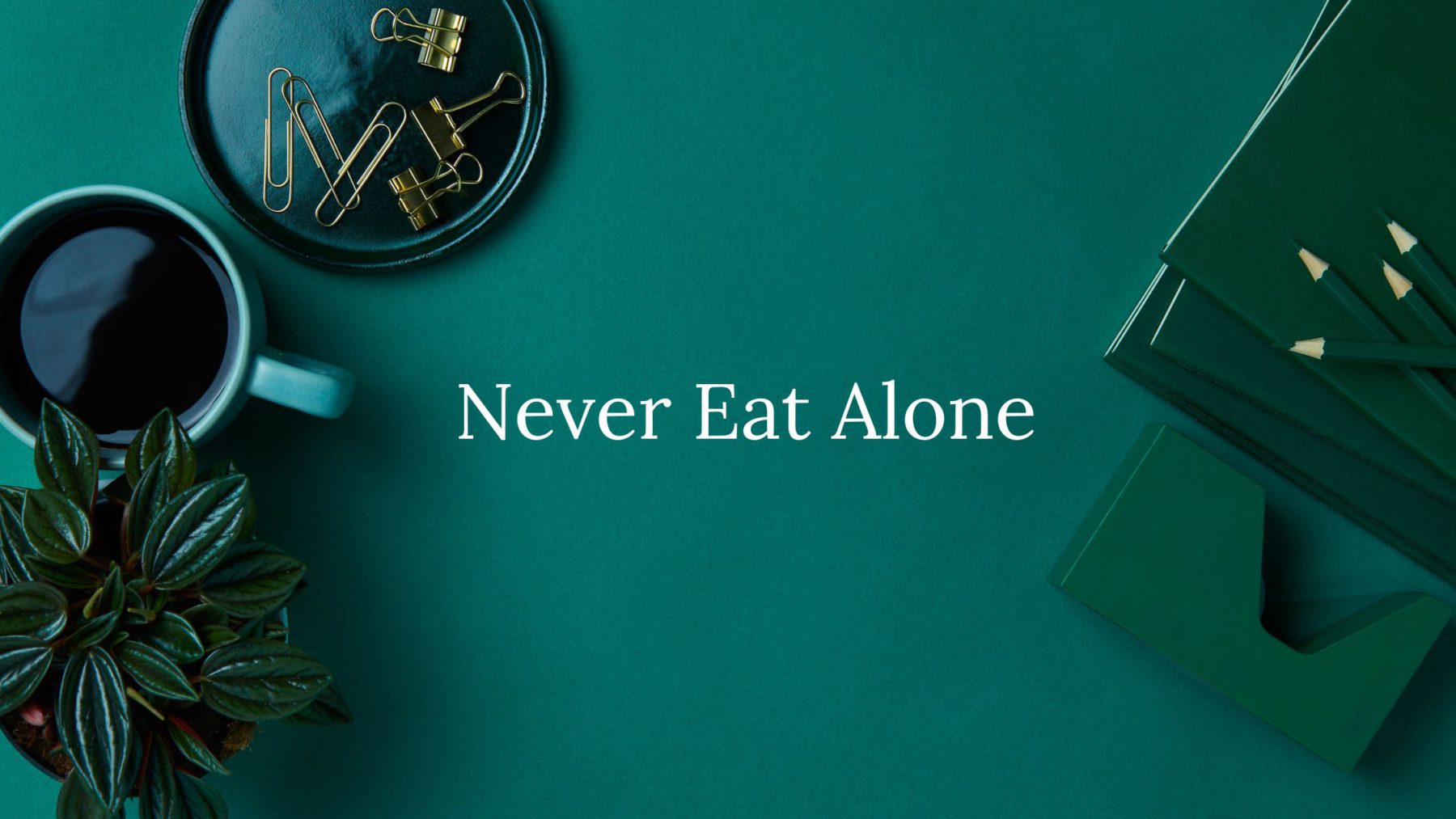Social atomism is a theory that refers to “the tendency for society to be made up of a collection of self-interested and largely self-sufficient individuals, operating as separate atoms.” I witness and have an empirical experience of this theory in practice – people become more isolated from each other, fulfilling emotions of belonging to a “tribe” has moved online and companies have hybrid or fully virtual employment contracts today.
As I reflected in one of the posts, loneliness is one of the backlashes of increasing atomization of the society. One of the consequences of an exposure to prolonged periods loneliness is a degradation of social skills. Our “social muscles”, ability to read others and create social connections degrade as our physical muscles, if we do not use them. And we need our “social muscles” to advance our careers.
Last month, the Nature magazine has published an article where authors analyzed data on competition outcomes from 6363 ballet students affiliated with 1603 schools in the United States and came to a conclusion: “In both scientific and artistic careers, where performance is subjectively appreciated, career success is strongly influenced by social prestige and visibility. This suggests that artists’ career success is highly dependent on their social networks and prestige.” The best parameter to predict ballet students success was not physical performance or artistic talent but the size and complexity of their social networks.
The same is true for any other profession. You have to be good at networking to progress further. Hence, you have to train your social skills. And in our virtual, post-COVID work environments it becomes more and more difficult to do. I see a solution to this challenge in setting networking goals and push yourself to socialize and approach people.
I have my personal goal to meet at least one new person every week who I never met before and have a meaningful conversation with them. It could be just an introductory call, a coffee or an afterwork. So, I have a rule – “Never Eat Alone”. If I am at the office, I try to find somebody to have a lunch with. If I cannot find anybody, I will try to approach somebody in a queue in a restaurant or join a group of people in a canteen. By doing this, I met different kinds of people and faced multiple reactions from them – very often a pleasantly surprised ones and very rarely negative ones. Because I know, that is equally difficult for others build new social connections as it is for me but they equally want to do it as myself.
It is very uncomfortable to approach strangers, but as with any skill, the more you do it, the easier it become. The benefit is – this is a great practice of social skills which are invaluable. Give it a try and don’t eat alone next time.
